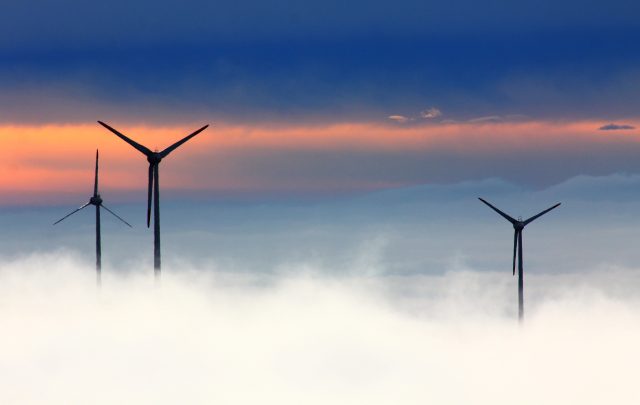
On 14 November, a provisional agreement was reached between the negotiators of the European Parliament and the Council on REPEowerU, the European Commission’s plan to reduce dependence on Russia for energy supplies and to combat the climate crisis by increasing energy savings, diversifying energy sources and accelerating the production of renewables. A very important step to strengthen the European Union in dealing with the difficult situation on the energy front.
As agreed, member states will have the possibility to complement their National Recovery and Resilience Plans with REPowerEU chapters outlining new reforms and investments and the enhanced part of reforms and investments included in existing and active National Recovery and Resilience Plans, with related targets and objectives.
REPower funds will also be able to finance gas and oil pipelines, but only projects that serve to ensure independence from Russian fossil fuel imports and no later than 2026.
States will have 30 days from the entry into force of the REPowerEU regulation in January to declare whether they intend to use the more than EUR 200 billion in as yet unallocated Recovery loans to finance energy projects. Once the deadline has expired, the unclaimed loans will be made available to other states.
The delegates agreed that the source of economic funding for the REPowerEU programme will be the EU ETS.
Specifically, 60 per cent will be covered by the European Innovation Fund, which is financed by the proceeds of ETS auctions, and the remaining 40 per cent by the advance payment of ETS allowances themselves.
The distribution criterion for the REPowerEU resources will be a formula that takes several factors into account: cohesion policy, a state’s dependence on fossil fuels, and investment price increases. This is a modality that, considering the current situation linked primarily to the Ukrainian conflict, meets the immediate needs of the member states.
A principle that has, however, aroused some ill-feeling, especially on the part of Germany, which fears that in the long term such arrangements could benefit states that have made less progress in decarbonising their economies.
The concern is that in the long run this could lead to one of the member states delaying the ecological transition phase and procedures as much as possible, in the knowledge that such a policy could in the future allow for further funding and aid to reduce the accumulated delay in the policies for implementing the ecological transition.
To give an example, Germany, which, in order to counter the gas supply and price crisis resulting from the war, is reopening or reactivating its coal-fired power stations, will have more resources than France, which has long been producing much cleaner energy thanks to its nuclear programme.
The agreement also stipulates that Member States with unspent cohesion funds from the previous multiannual financial framework will be able to use them to support SMEs and vulnerable households particularly affected by energy price increases.
Again, a line dictated by the critical phase brought about by the conflict in Ukraine, which will certainly support those territories where the difficulties in optimising costs and developing alternative energy sources are greater than others. Certainly a concrete support, which, however, should only be managed in situations of real difficulty and not of delayed planning by individual administrations.
In any case, the provisional agreement reached on the REPowerEU marks an important starting point in the renewed vision of ecological transition policies, giving a sign that we have not lost touch with reality. At the same time, however, it will be good to make sure that these new policies do not become an excuse for some to ‘get around the obstacle’ by pointing to the new funds available.
It will therefore be the task of Europe and the individual member states to be vigilant and to verify that the nations lagging behind in their transition policies deploy all the resources necessary to make up for the delays, compatibly with the situation at the time and in the hope that the conflict in Ukraine can end as soon as possible



 Subscribe
Subscribe